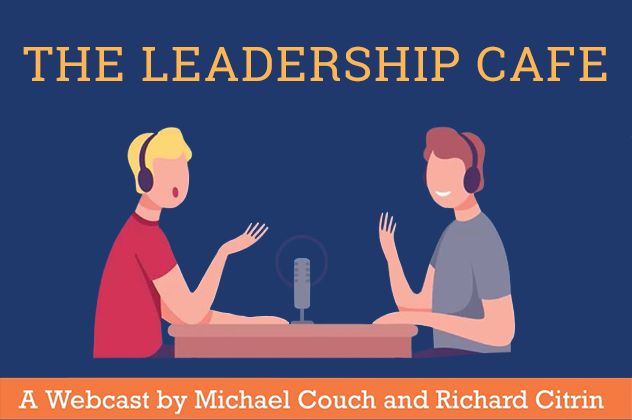Muhammad Ali never much cared about what other people thought. He knew who he was and what he wanted. He transcended almost everything and his life from pugilist to peacemaker is a testimony to how his power of self-belief was transformative.
I don’t believe that Ali was a particularly resilient figure as most people think of resilience with its singular focus on overcoming adversity.
You could say, of course, that he was amazingly resilient in how he beat back opponents in the ring and fought the US government in its efforts to deny his conscientious objector status for his refusal to serve in the military during Viet Nam.
Certainly, you could say that his innovative “rope-a-dope” strategy that helped his regain and maintain his title after returning to boxing was yet another sign of resilience.
Of course, you could point to the grace and graciousness he demonstrated in how he confronted and worked for a cure for Parkinson’s Disease over the past 25 years, raising over $100 million as yet another sign of resilience.
I would say, however, that Ali’s resilience came from what I refer to as the front end of the Resilience Continuum that having to do with building a storehouse of energy and focus that gets you through almost any tough time. Muhammad Ali got out ahead of his stress and challenges. He didn’t respond to events around him, he shaped events around him.
He built a belief system that was so strong and intact that it guided him in all that he did. And the rest of us joined in on the ride.
Muhammad Ali would probably want to ask each of us to find out who we are and be that to the nth degree. He did it and it served himself and the world very well.
© Richard Citrin, All rights reserved, 2016
]]>